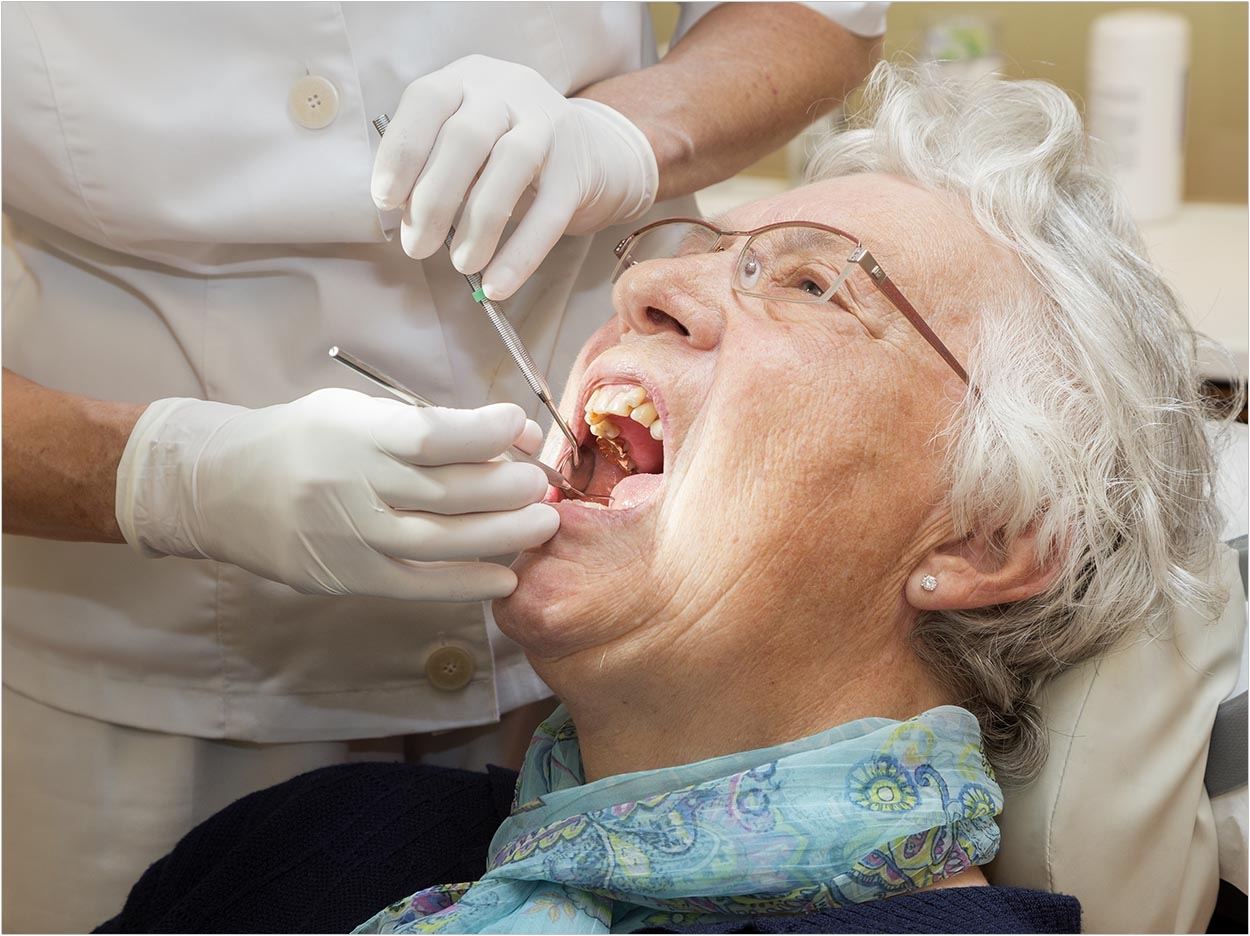
The National Institute of Aging has awarded a nearly $2.27 million, five-year grant to the New York University (NYU) College of Dentistry to unravel the distinct and overlapping effects of normal aging and the age-related decrease in growth hormone on bone health.
The global population of adults age 65 and older is expected to rise from 8.5% to 17% of the world’s total population by 2050, NYU reports, also noting that in the developing world, chronic diseases are the main causes of mortality and morbidity in old age.
With this increase, NYU expects to see more people with senile osteoporosis (age-induced bone loss) and fractured hips. Increases in primary or secondary prevention efforts are expected to have a significant impact on skeletal health in older age.
Age-induced changes in bone are thought to result from two causes: somatopause, the age-related decline in growth hormone (GH) and insulin-like growth factor-1 (IGF-1) and normal changes in bone cell activity and tissue properties. These processes overlap, but their distinct effects on bone loss have not yet been established.
GH and IGF-1 are key endocrine factors regulating body composition (lean and fat mass), acquiring bone mass, and maintaining bone mineral density during adulthood and aging. Somatopause has been considered a significant cause for changes in body composition, bone mineral density, and increased morbidity and mortality.
Strategies to increase GH and IGF-1 in bone tissue during aging are expected to improve bone quality, which would have a profound economic impact by decreasing the healthcare costs of age-relate bone disease, according to NYU.
“Developing new approaches to combat age-induced bone loss and bone fragility requires a basic understanding of the molecular mechanisms responsible for bone cells dysfunction,” said Shoshana Yakar, PhD, associate professor of basic science and craniofacial biology at NYU Dentistry and the study’s principal investigator.
“Our research will help us to better understand the effect of somatopause on the viability and function of osteocytes, the most abundant bone cells,” Yakar said.
The research builds on a longstanding collaboration between Yakar, an expert in GH and IGF-1 physiology; Mitchell Schaffler, PhD, of City College, City University of New York, an expert in osteocytes and bone biomechanics; and NYU Dentistry’s Evgeny Pavlow, PhD, an expert in mitochondria.
Together, the researchers will study the bone integrity of mice to determine the mechanisms by which changes in GH and IGF-1 affect osteocytes of aging bones.
“Our research links three hallmarks of aging: altered intercellular communications, which is central to tissue integrity; mitochondrial dysfunction, which is central to cell survival; and deregulated nutrient sensing, which is central to cellular metabolism,” said Yakar.
Findings from their studies will provide a global view of how osteocytes respond to somatopause and normal aging, highlight new potential target genes that play roles in response to stress, and provide a roadmap to develop strategies to prevent or delay bone loss during aging, NYU reports.
Related Articles
NYU Gets Grant to Study Enamel Formation
Potential Filling Material May Regenerate Dentin
Grant to Explore Use of Biomarkers in Detecting Dental Resorption












